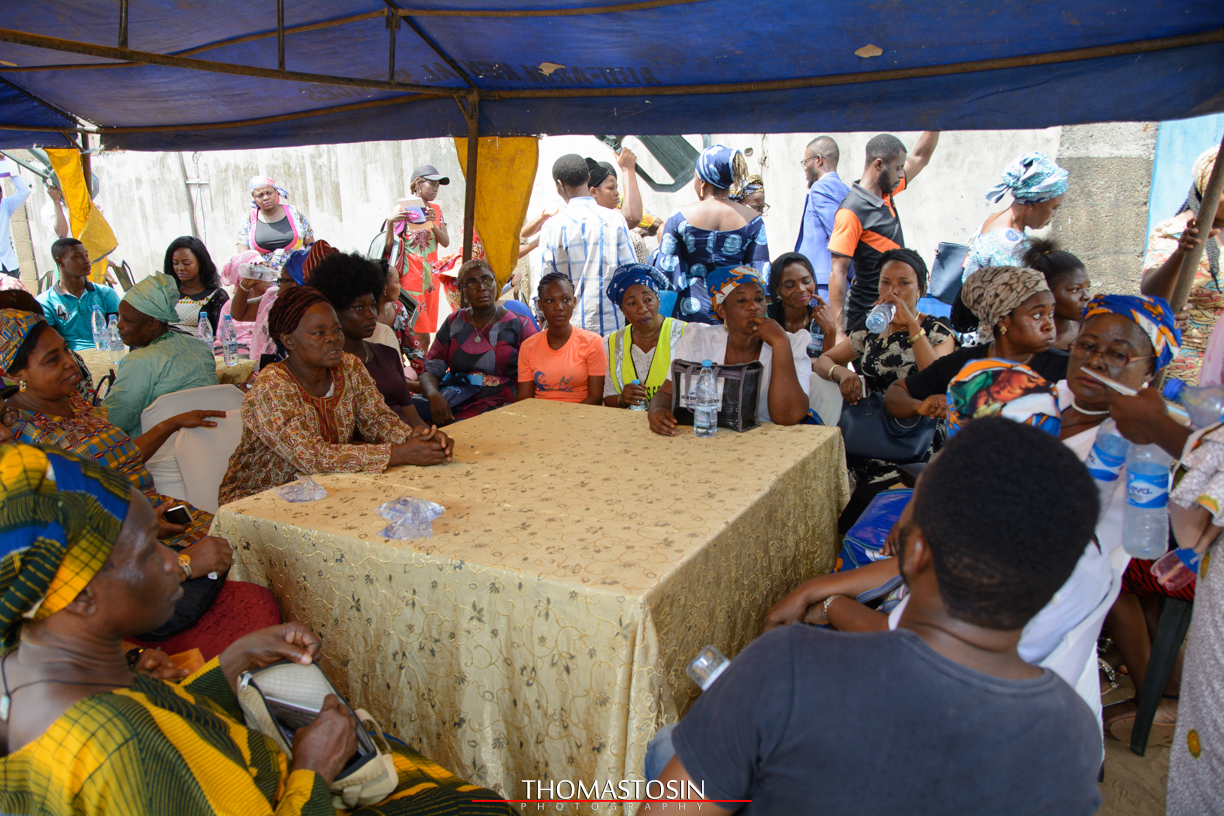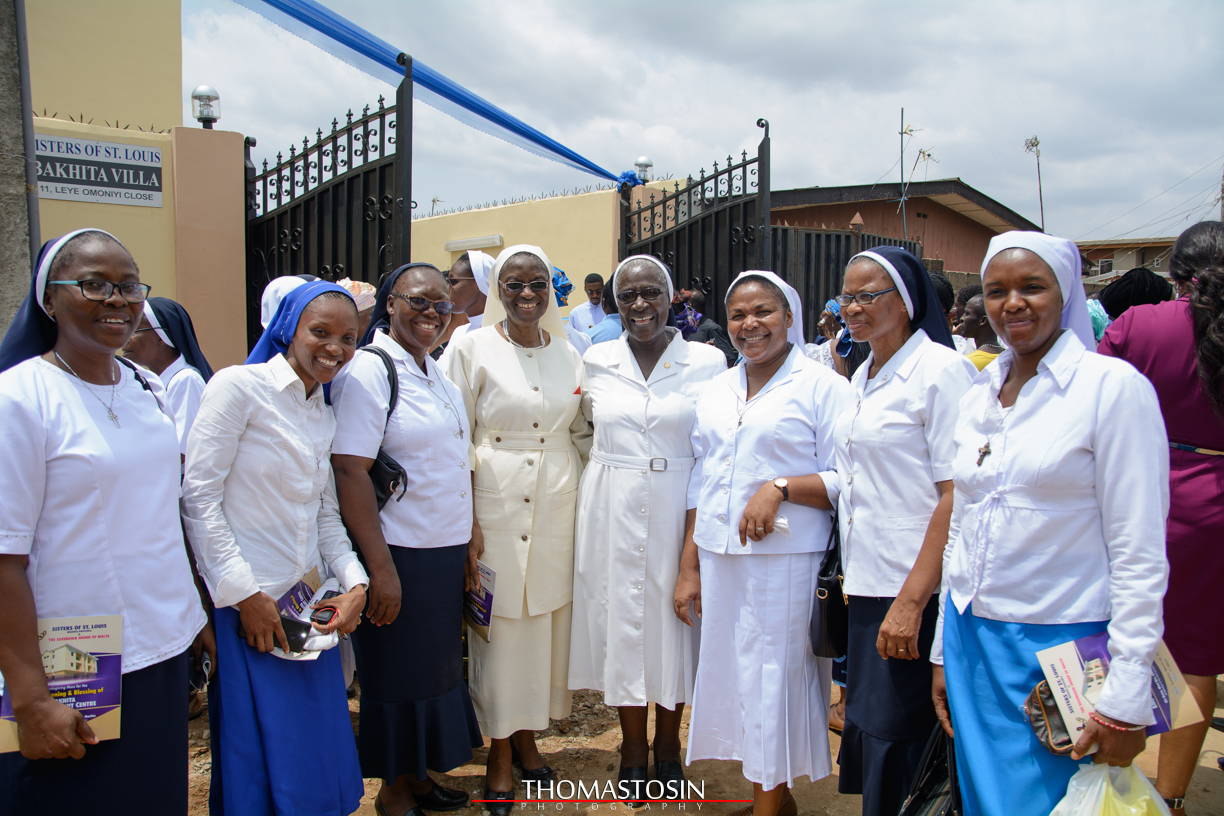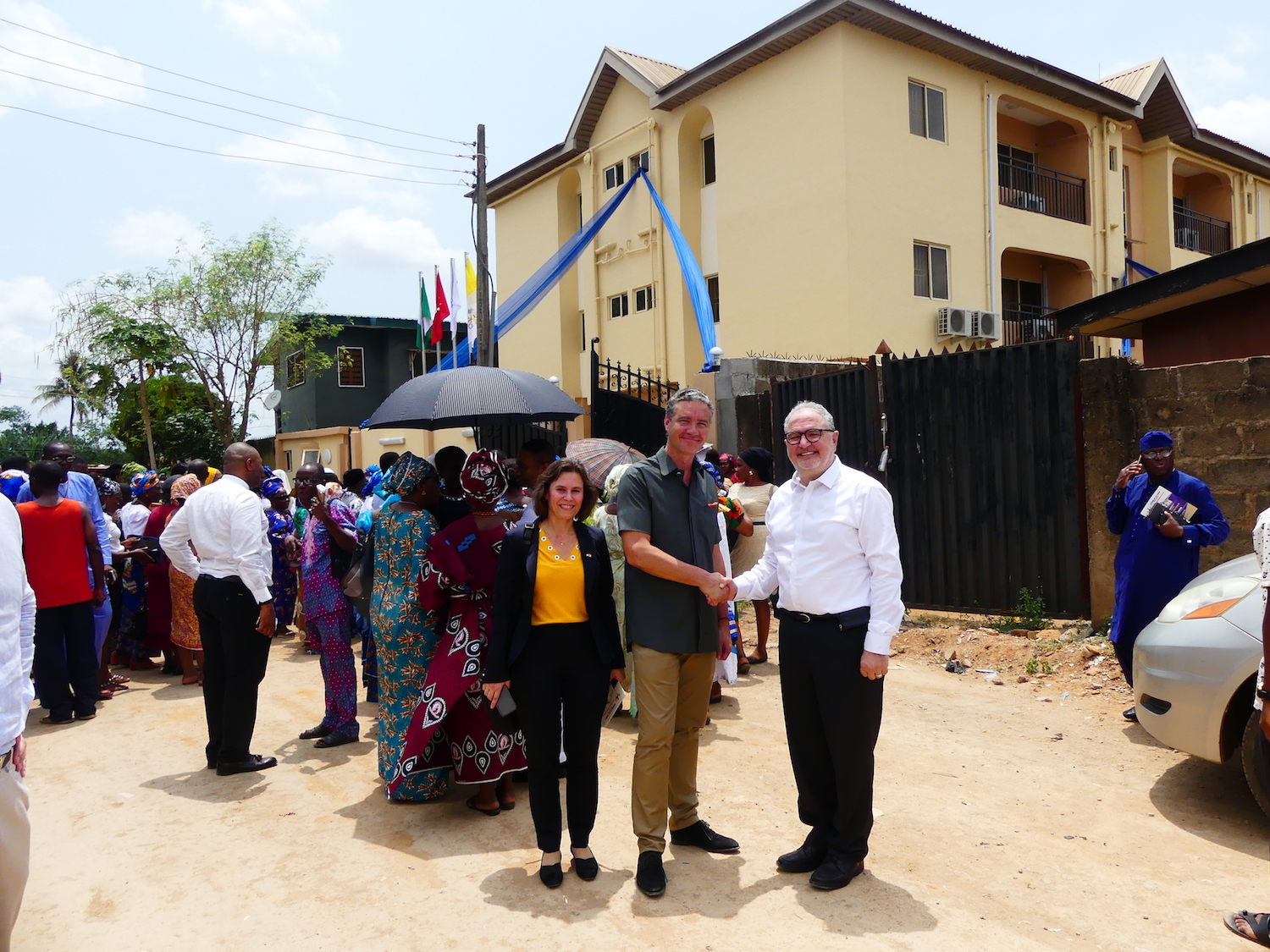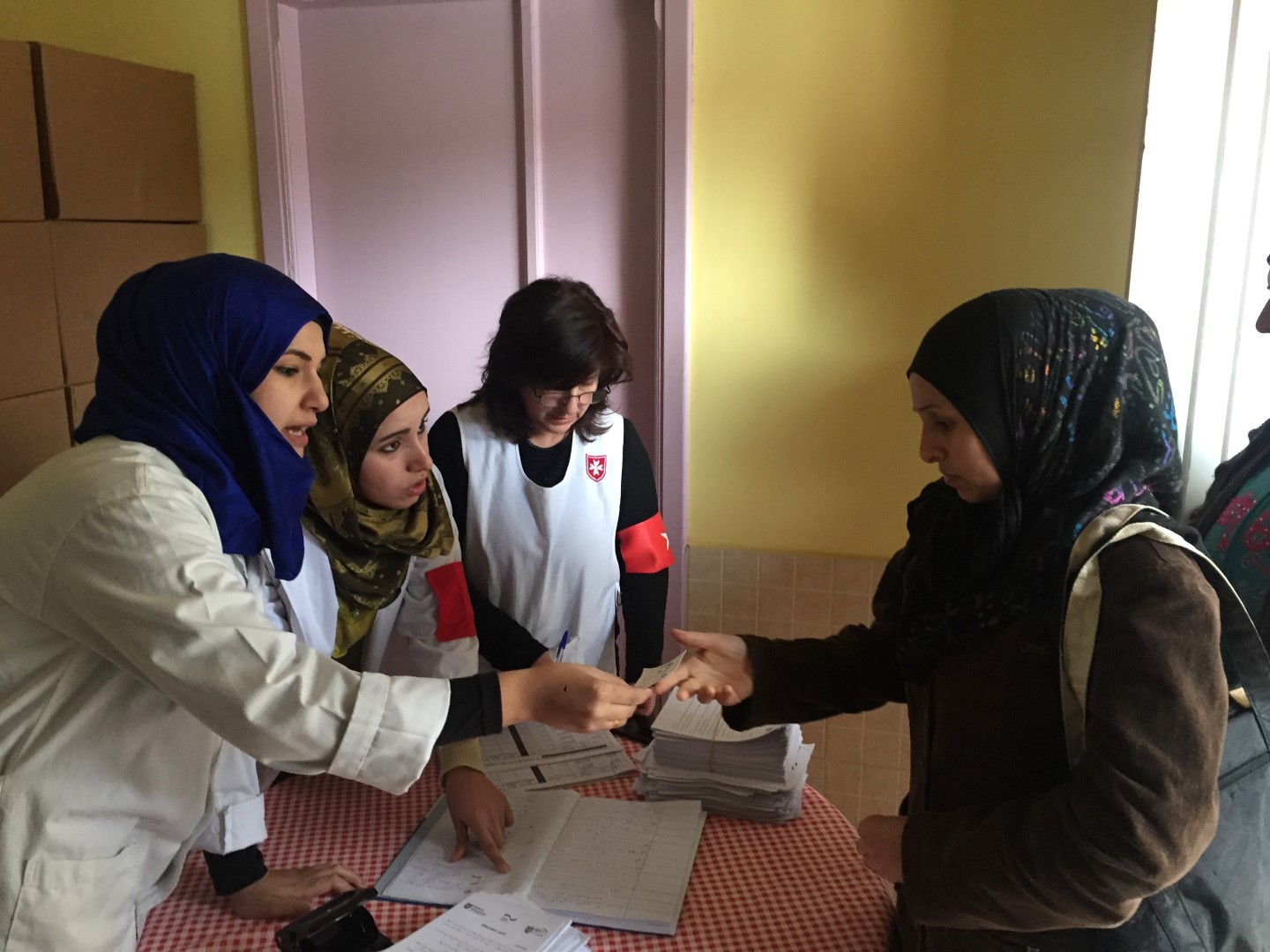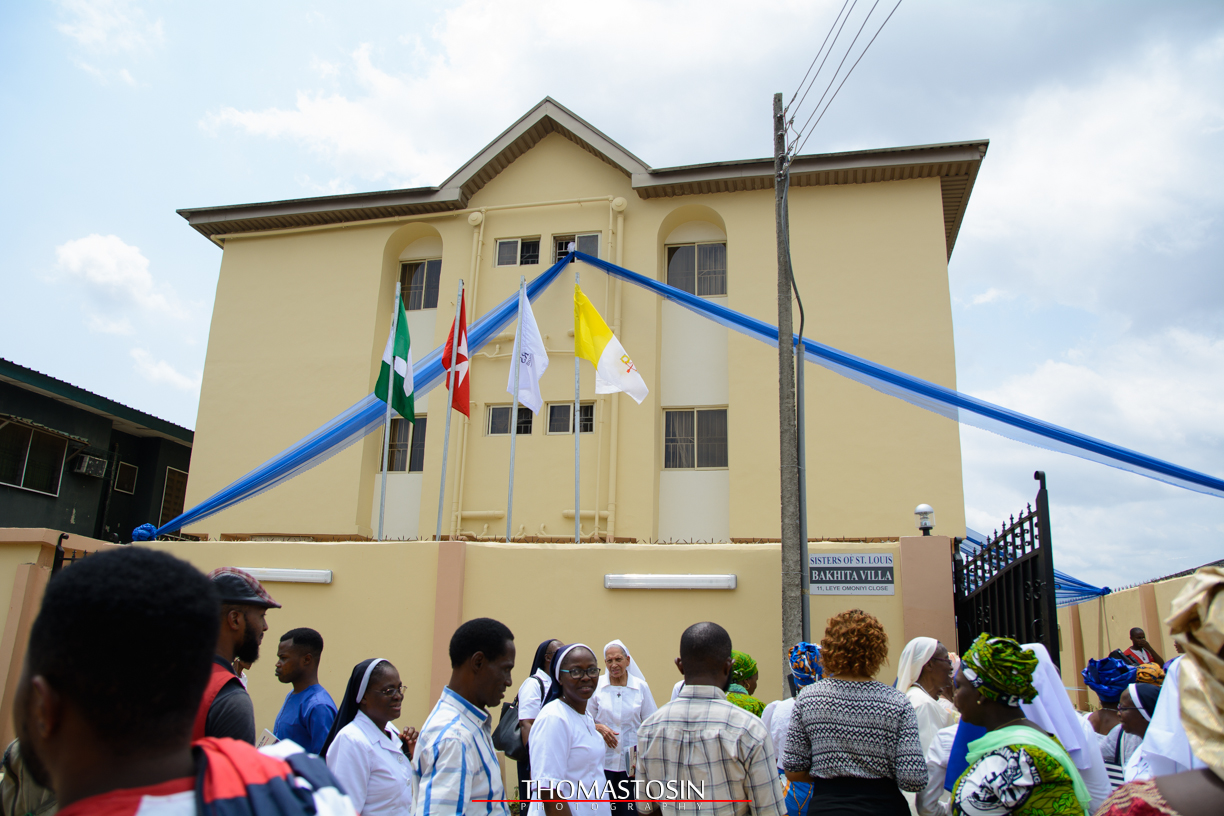The Grand Hospitaller: criminal gangs engaged in human trafficking increasing
On the World Day against Trafficking in Persons, celebrated on 30th July, the Sovereign Order of Malta highlights the growth of the phenomenon worldwide. A phenomenon in which women and children are the main victims. The latest figures of the International Labour Organization are significant: 21 million persons are forced to hard labour, including prostitution. According to the United Nations Office on Drugs and Crime (UNODC) in Vienna, almost a third of the victims are minors and over 70% are in fact women and children.
In recent years, the Order of Malta has increased its efforts to fight this terrible scourge. Its two ambassadors “at large” are developing projects for protecting trafficking victims, reinforcing partnerships with local organizations long dedicated to combating human trafficking and at the same time heightening the awareness of the international community. “The problem is very disturbing. The criminal gangs involved in this odious business are increasing.
Children are “the goods” that are worth the most on the market. Many families are prepared to pay exorbitant sums to guarantee a better future for their children, putting them in the hands of unscrupulous traffickers to remove them from wars and poverty,” says the Order of Malta’s Grand Hospitaller Dominique de La Rochefoucauld-Montbel, for over five years responsible for the Order’s social and healthcare initiatives in 120 countries. “At the same time,” the Grand Hospitaller adds, “it is the trafficking gangs who, taking advantage of poverty and hardship, remove the children from their families in exchange for money.
The Bakhita centre, a shelter for female trafficking victims, was inaugurated in March in Lagos, Nigeria. A first step that, in the Order of Malta’s intentions, will lead to a more incisive present in the country. Nigeria has the highest percentage of human trafficking since it is a place of departure, of transit and of destination. The centre, besides offering accommodation and psychological support for the victims, organises courses for aiding the reinsertion of these women in society because, besides being exploited, these people are often rejected by their families and community.
At diplomatic level, the Order of Malta will organize a conference in Paris on 8 October next with the purpose of reinforcing cooperation with the local organizations engaged in combating trafficking and humanitarian agencies. The purpose of the conference, which will offer poignant testimonies of female victims of exploitation, is also that of improving support and protection policies for victims in Europe and highlighting intergovernmental agreements between France and Nigeria on the subject of trafficking to identify the best practices.








